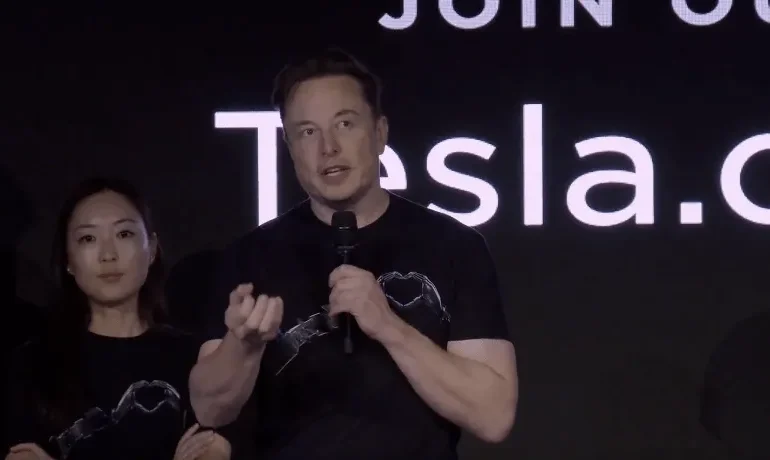Tesla Reports Weak Q2 Performance, But Avoids Discussing It
Tesla’s second-quarter earnings report revealed alarming news: declining sales, falling profits for the third quarter in a row, and an upcoming loss of key federal tax credits that have long supported U.S. electric vehicle sales.
But strangely, during the official Tesla earnings call, the one topic missing was — Tesla’s actual earnings.
No Focus on Earnings — All Eyes on the Future
Instead of addressing the current financial troubles, CEO Elon Musk and Tesla executives turned the conversation to something else entirely — AI, robotics, and long-term innovation.
They spoke at length about robotaxis, Full Self-Driving (FSD) technology, and the Optimus humanoid robot — all of which are still in development and not yet delivering significant revenue.
Musk described the company as being in a “weird transition period” and admitted a few rough quarters may be ahead, especially with the loss of the $7,500 U.S. EV tax credit beginning in October and fading regulatory credit revenue.
Wall Street Reacts: Tesla Stock Plunges Over 8%
Despite the futuristic vision painted by Musk, Tesla shares (TSLA) dropped more than 8% the following day, reflecting investors’ dissatisfaction with the lack of financial clarity.
Some analysts who attended the call — mostly handpicked by Tesla — avoided asking tough questions about earnings, cash flow, or declining car sales. Instead, they focused on Musk’s grand ideas for the future.
Critics Call Out the Lack of Transparency
Financial experts like William Stein of Truist pointed out that Tesla failed to share important details — especially about the rumored low-cost electric model, expected to compete with more affordable EVs in 2026.
Even Tesla supporter Dan Ives from Wedbush Securities said the call lacked transparency.
“This wasn’t a Hall of Fame conference call,” he told CNN. “There was very little clarity, and that added to the market selloff.”
Is Tesla Still a Car Company or Something Else?
Some believe Tesla is trying to distance itself from its core business — making and selling electric cars.
Gordon Johnson, one of Tesla’s most vocal critics, said:
“The stock is no longer based on car sales. It’s all about a future vision that keeps moving further away.”
He added that the company’s strategy seems to be avoiding detailed talk about its vehicle sales, especially now that demand is dropping and new competition is rising fast.
Elon Musk’s Strategy: Promise the Future, Ignore the Present
Musk’s communication style has always emphasized the next big breakthrough.
Whether it’s a self-driving car, a cheap EV, or millions of Cybertrucks hitting the roads, he keeps eyes on the future potential, not the present situation.
For now, Tesla remains the world’s most valuable carmaker, but many are questioning whether the company can continue justifying its trillion-dollar valuation based mostly on unrealized technologies.
Conclusion: Hype vs. Reality
Tesla is facing a critical moment. Investors want answers about the current business — not just hopes for what might happen “someday soon.”
With declining sales, tightening regulations, and mounting competition, the pressure is on for Tesla to deliver more than just big promises.






